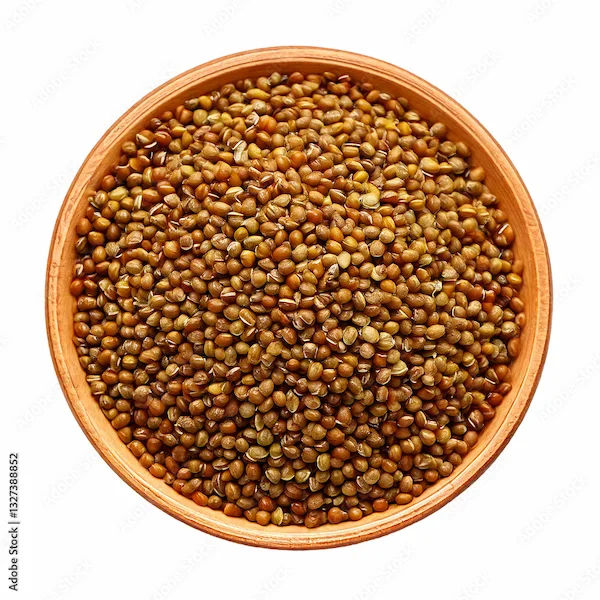Dengue Mosquito Awareness and Prevention Tips
Learn all about Dengue mosquito awareness and prevention tips, including key symptoms to watch for, how Dengue spreads, practical ways to prevent bites, and steps to be taken if you suspect Dengue.

Written by Dr. J T Hema Pratima
Reviewed by Dr. D Bhanu Prakash MBBS, AFIH, Advanced certificate in critical care medicine, Fellowship in critical care medicine
Last updated on 19th Aug, 2025

Introduction
Dengue is a viral illness spread by mosquitoes, and it can cause serious health problems if not managed properly. The disease is common in tropical and subtropical regions, especially during the monsoon season when mosquito breeding increases. The good news is that dengue can be prevented with simple precautions.
This article will help you understand dengue, its symptoms, how it spreads, and most importantly, how to protect yourself and your family.
What is Dengue?
Dengue is caused by the dengue virus, which is transmitted to humans through the bite of an infected Aedes mosquito (primarily Aedes aegypti). These mosquitoes usually bite during the day, especially in the early morning and late afternoon.
There are four types of dengue virus (DEN-1, DEN-2, DEN-3, and DEN-4). Once infected with one type, you develop immunity to that specific type but remain vulnerable to the others.
Consult a Top General Physician for the best advice
Symptoms of Dengue Fever
Dengue symptoms usually appear 4–10 days after being bitten by an infected mosquito. Common signs include:
High fever (104°F or higher)
Severe headache
Pain behind the eyes
Muscle and joint pain (often called "breakbone fever")
Nausea and vomiting
Skin rash (appearing 2–5 days after fever starts)
Mild bleeding (such as nose or gum bleeding)
In some cases, dengue can progress to severe dengue (dengue haemorrhagic fever or dengue shock syndrome), which is life-threatening. Warning signs include:
Severe abdominal pain
Persistent vomiting
Rapid breathing
Bleeding gums or nose
Fatigue and restlessness
Blood in vomit or stool
If you or a loved one experience these severe symptoms, seek immediate medical attention.
How Does Dengue Spread?
Dengue does not spread directly from person to person. The virus spreads when:
1. A mosquito bites an infected person.
2. The same mosquito bites another person, passing the virus.
The Aedes mosquito breeds in stagnant water, so areas with uncovered water containers, flower pots, discarded tires, or clogged drains are high-risk zones.
Prevention Tips: How to Protect Yourself from Dengue
Since there is no specific treatment for dengue, prevention is the best approach. Here’s how you can reduce the risk:
1. Eliminate Mosquito Breeding Sites
Cover water storage containers (tanks, buckets, drums).
Clean and scrub containers weekly to remove mosquito eggs.
Dispose of waste properly (discarded tires, coconut shells, bottles).
Change water in flower vases, pet bowls, and coolers every 2–3 days.
2. Protect Yourself from Mosquito Bites
Use mosquito repellents (containing DEET, picaridin, or oil of lemon eucalyptus).
Wear long-sleeved shirts and pants, especially during peak mosquito activity hours.
Use mosquito nets while sleeping, preferably treated with insecticide.
Install window and door screens to keep mosquitoes out.
3. Keep Your Surroundings Clean
Regularly clean gutters and drains to prevent water stagnation.
Keep your home and surroundings dry; mosquitoes breed in standing water.
4. Community Awareness
Educate neighbors and family about dengue prevention.
Support local fogging and cleaning drives to reduce mosquito populations.
What to Do If You Suspect Dengue?
If you experience dengue-like symptoms:
Stay hydrated—drink plenty of fluids (water, ORS, coconut water).
Rest and avoid strenuous activities.
Take paracetamol (acetaminophen) for fever and pain—avoid aspirin or ibuprofen, as they can increase bleeding risk.
Monitor symptoms closely—if they worsen, seek medical help immediately.
When to See a Doctor?
Visit a doctor if you notice:
High fever lasting more than 2 to 3 days
Severe vomiting or abdominal pain
Bleeding from gums/nose
Difficulty breathing or extreme fatigue
Early diagnosis and proper care can prevent complications.
Final Thoughts
Dengue is a preventable disease, and small steps can make a big difference. By keeping your surroundings clean, using mosquito repellents, and staying vigilant, you can protect yourself and your loved ones.
Consult a Top General Physician for the best advice
Consult a Top General Physician for the best advice

Dr. Syed Ismail Ali
General Practitioner
7 Years • MBBS
Hyderabad
Apollo 24|7 Clinic, Hyderabad

Dr. Anand Ravi
General Physician
2 Years • MBBS
Bengaluru
PRESTIGE SHANTHINIKETAN - SOCIETY CLINIC, Bengaluru

Dr Syed Mateen Pasha
General Physician
2 Years • MBBS
Bengaluru
PRESTIGE SHANTHINIKETAN - SOCIETY CLINIC, Bengaluru

Dr. Mohamed Azeem
General Physician/ Internal Medicine Specialist
2 Years • MBBS,MD(Internal Medicine) CCEBDM
Karaikudi
Apollo Hospitals Karaikudi, Karaikudi

Dr. Bhukya Pavan Kalyan
General Physician
5 Years • MBBS DNB Paediatrics
Bengaluru
PRESTIGE SHANTHINIKETAN - SOCIETY CLINIC, Bengaluru




